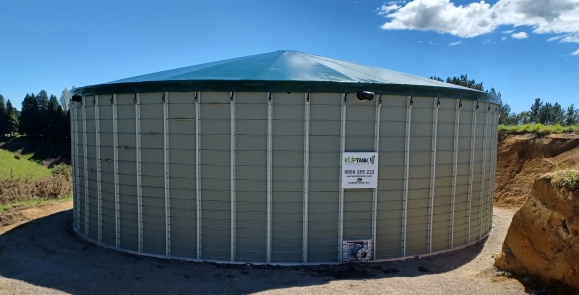
Farming success is heavily dependent on water availability, especially in regions that experience extreme weather conditions like droughts and deluges. Irrigation water storage tanks play a vital role in helping farmers navigate these challenges and ensure a consistent water supply for their crops. In this article, we will explore how these tanks contribute to farming success and why they are essential for agricultural sustainability.
The Importance of Irrigation Water Storage Tanks
Water is a precious resource in agriculture, and its availability can make or break a harvest. Irrigation water container tanks offer a reliable solution to ensure that farmers have access to water when they need it the most. These tanks serve as a buffer during dry spells and allow farmers to store water during periods of heavy rainfall, preventing wastage and ensuring a steady supply throughout the year.
Benefits of Irrigation Water Storage Tanks
- Consistent water supply: By storing water in tanks, farmers can guarantee a consistent supply for their crops, regardless of weather conditions.
- Water conservation: Storage tanks help in conserving water by capturing and storing excess rainwater for later use, reducing reliance on freshwater sources.
- Flexibility: Farmers can control when and how they water their crops, giving them the flexibility to adapt to changing weather patterns and crop needs.
- Increased crop yield: With a reliable water supply, farmers can optimize their irrigation schedules to ensure healthier and more productive crops.
- Sustainability: Using water storage tanks promotes sustainable farming practices by reducing water wastage and dependency on outside water sources.
Types of Irrigation Water Storage Tanks
There are several types of irrigation water storage tanks available to farmers, each with its unique features and benefits. Choosing the right type of tank depends on factors such as water storage capacity, space availability, budget, and specific irrigation needs.
Common types of irrigation water storage tanks include:
- Polyethylene tanks: Lightweight and durable, these tanks are easy to install and suitable for smaller-scale farming operations.
- Steel tanks: Known for their strength and longevity, steel tanks are ideal for larger farms and commercial agriculture.
- Concrete tanks: These tanks are highly durable and offer excellent insulation properties, making them suitable for long-term water storage.
- Flexible tanks: Made from PVC or polypropylene materials, flexible tanks are portable and can be set up quickly, making them ideal for temporary water storage needs.
Factors to Consider When Choosing an Irrigation Water Storage Tank
When selecting an irrigation water storage tank for your farm, there are several factors to consider to ensure that you make the right choice that meets your specific needs and budget.
Key factors to consider include:
- Water storage capacity: Determine the amount of water you need to store based on your crop requirements and irrigation schedule.
- Material durability: Choose a tank material that is durable and resistant to corrosion, leaks, and UV rays for long-lasting performance.
- Installation requirements: Consider the space available on your farm and the installation process involved for different types of tanks.
- Maintenance needs: Evaluate the maintenance requirements of the tank to ensure easy upkeep and longevity.
- Cost considerations: Compare the costs of different types of tanks, including upfront purchase price, installation costs, and long-term maintenance expenses.
Conclusion
Irrigation water storage tanks are essential for farming success, especially in regions prone to droughts and deluges. By investing in a reliable water storage solution, farmers can ensure a consistent water supply for their crops, increase crop yields, and promote sustainable farming practices. Choosing the right type of tank and considering key factors such as water storage capacity, material durability, installation requirements, maintenance needs, and cost considerations are crucial steps in ensuring that you select the best tank for your farm's needs.